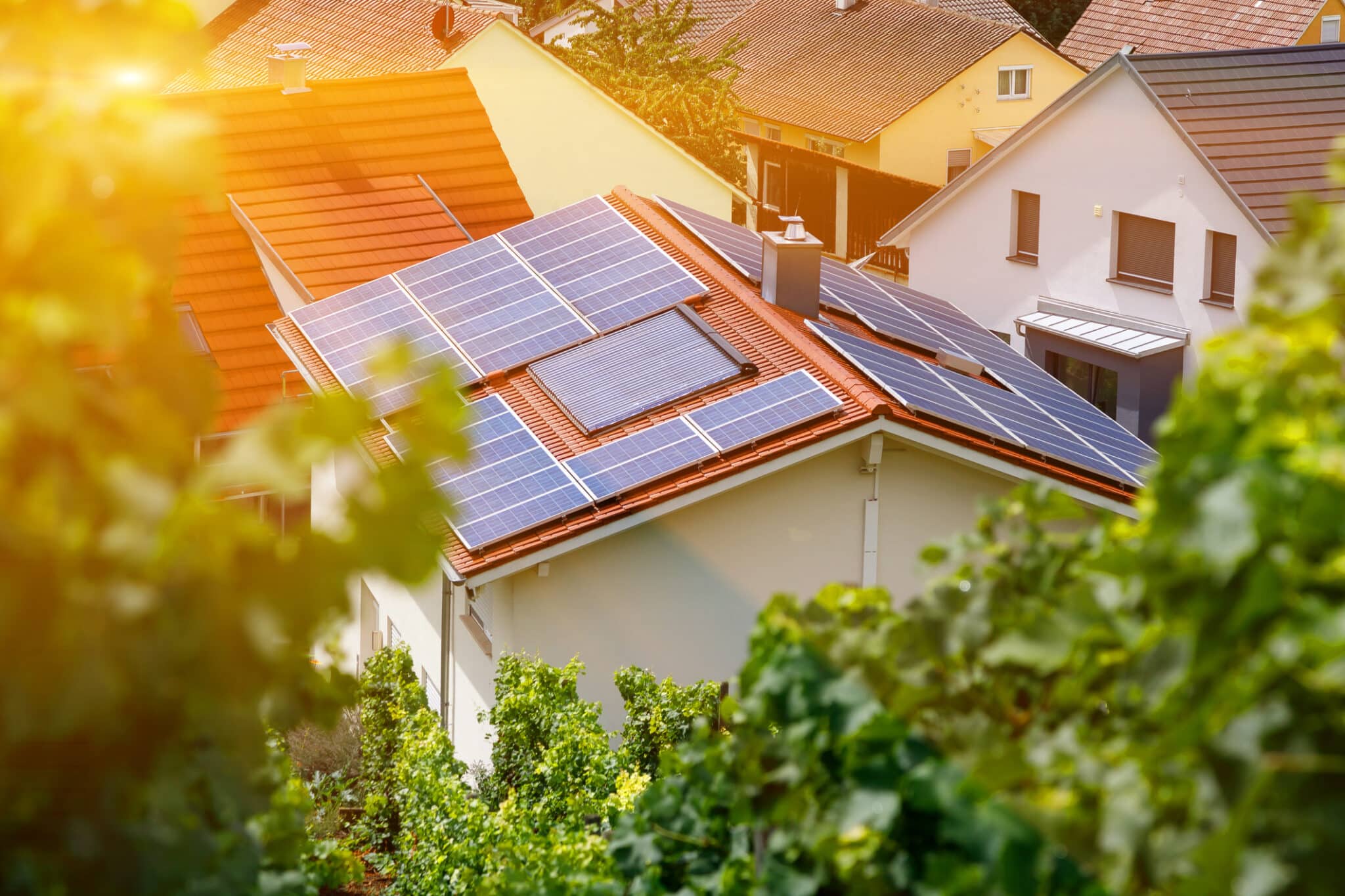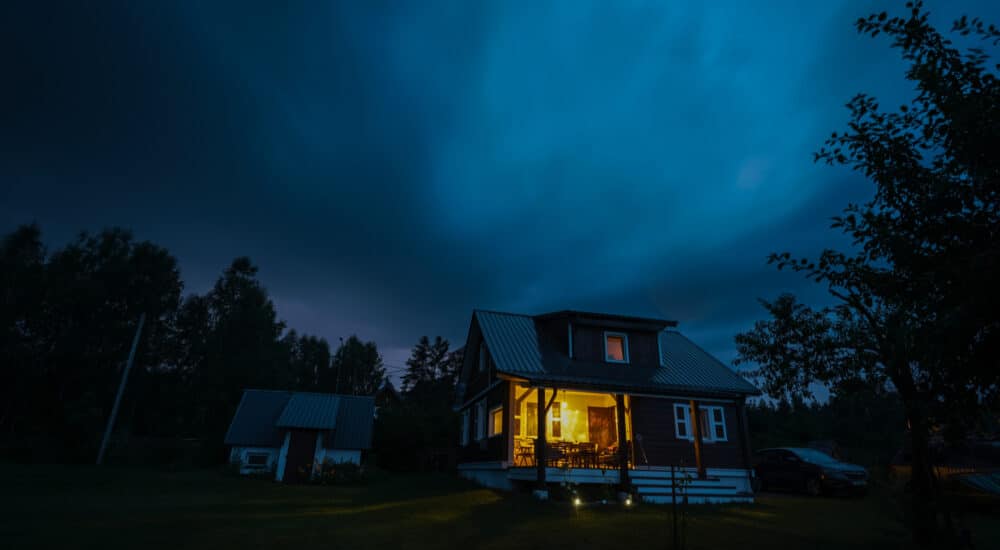In a world where technology is constantly evolving, the concept of “off-grid” has become increasingly important for those who seek self-sustaining energy solutions. But what does off-grid really mean, how can it improve your energy efficiency, and isn’t it enough to only have solar panels (PV)? This text clarifies the most common off-grid terms and reveals the best ways to get independent and self-sufficient on energy.
What is off-grid?
Off-grid essentially means that you can continue using electricity even when you cannot receive power from the grid, such as during power outages. To achieve grid independency, you need to not only have solar panels, but also an efficient home battery with off-grid functionality.
What is a home battery?
By connecting a home battery to your solar panels you allow storing of excess solar energy during the day for use later at night or when needed. Without battery storage the produced energy would have to be used immediately, or else it wouldn’t be used in the property at all. With intelligent control, such as that in QuiPower, you can optimize your energy usage by automatically considering factors such as electricity prices, the weather, and your consumption patterns. This not only provides sustainable energy usage but also lowers the electricity costs, without compromising comfort.
Do I have electricity during a power outage if I have solar panels?
A common misconception is that solar panels automatically provide electricity during a power outage, since you generate your own power. This conception overlooks the fact that the inverter – the component that converts the current from the solar panels into usable electricity in the house – needs electricity from the grid to function. Which it clearly doesn’t get during a power outage!
This is where an off-grid solution comes into play, because without energy storage with off-grid capability for your solar panels you will actually be without electricity if a power outage occurs.
To understand why an off-grid connection is necessary, it is important to look at how solar energy systems operate. Solar panels generate direct current (DC) from sun rays. In order to use this energy in our home it needs to be converted into alternating current (AC), which is the type of electricity that our appliances and lighting use. The inverter takes care of this conversion. However, the inverter itself requires a constant flow of electricity from the grid to function. If you want to be self-sufficient and independent, your inverter needs an alternative power source that isn’t dependent on the grid to keep running. This is where your home battery can help, in combination with an off-grid solution that creates a locally powered electrical grid! Many mistakenly believe that solar panels alone can provide electricity regardless of circumstances, but without an off-grid connection and energy storage the solar panels will be ineffective, and you’ll be without electricity even if the sun is shining on your solar panels.
Why should I go off-grid?
Investing in energy storage with off-grid capability is a wise step for those striving to be independent of the conventional grid. It not only provides the opportunity to store and use generated solar energy as needed, but also offers security and peace of mind during power outages and other unforeseen events.
In a time where sustainability and self-sufficiency are becoming increasingly important, solar panels with energy storage and off-grid capability are the key to a reliable and self-sufficient energy system. With QuiPower, you can add off-grid functionality on top of other features that the system is already providing, such as electricity price optimization, peak shaving, and tariff control. Explore the benefits today and secure your acess to reliable energy for today and for the future!

Cut your electricity costs with QuiPower!
Click below to read more about Enequ’s patented solution for hard-to-beat energy efficiency:
